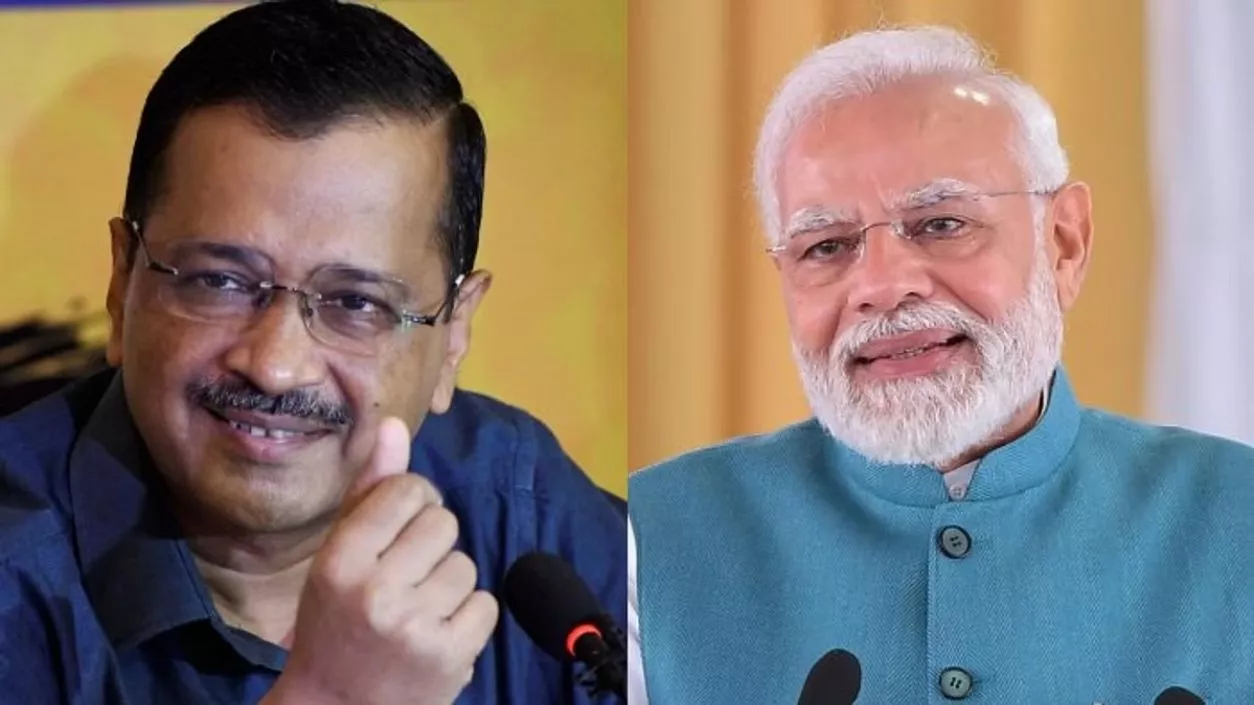Mamata calls urgent meeting at Nabanna tomorrow, key administrative officials to attend
.gif)
.gif)

On January 4, Prime Minister Narendra Modi inaugurated a 13-km stretch of the Delhi-Meerut Regional Rapid Transit System (RRTS) corridor, connecting Sahibabad in Ghaziabad to New Ashok Nagar in Delhi. This new section is part of the broader RRTS project, aimed at improving connectivity between Delhi and surrounding areas like Meerut, Ghaziabad, and other parts of Uttar Pradesh. The RRTS corridor is designed to reduce travel time, ease road congestion, and provide a rapid alternative to existing public transportation, facilitating faster commuting between key urban centers.
During the inauguration, PM Modi underscored the central government's role in the development of Delhi's infrastructure, asserting that the RRTS project and other major developments in the capital were driven by the Union government. Modi also sharply criticized the Aam Aadmi Party (AAP) government in Delhi, claiming that the party had "wasted" 10 years of development and had not contributed to the city's growth. He emphasized that AAP's governance lacked vision for the future of Delhi, contrasting this with the central government’s efforts to bring in progressive changes.
In response, Delhi Chief Minister Arvind Kejriwal issued a statement defending the AAP government’s record and its role in facilitating development in Delhi. Kejriwal stated that despite facing significant challenges, including the imprisonment of several party leaders, such as Manish Sisodia and Sanjay Singh, in relation to the Delhi excise policy case, the AAP continued to focus on the city's welfare. He pointed out that the AAP had cooperated with the central government in order to ensure the completion of projects like the RRTS corridor, which would not have been inaugurated without such collaboration.
Kejriwal further addressed PM Modi’s criticism, claiming that the Prime Minister spent the majority of his speech—29 minutes out of 38—attacking the Delhi government instead of discussing the benefits of the RRTS corridor or other key developmental issues. Kejriwal emphasized that the people of Delhi were still waiting for the fulfillment of promises made by Modi in the 2020 elections, particularly regarding the development of Delhi's rural areas, which he argued remained unmet.
With Delhi's assembly elections drawing near, the political rivalry between AAP and BJP has intensified. The ongoing dispute over the RRTS project is a reflection of the larger political landscape in Delhi, where both parties are using major infrastructure projects as symbols of their respective contributions to the city. The RRTS corridor, an important part of the National Capital Region’s transit infrastructure, stands as a key achievement for the central government, while AAP maintains that it is the cooperative efforts with the central government that have enabled such projects to come to fruition. Both parties are now preparing for a contentious electoral battle.